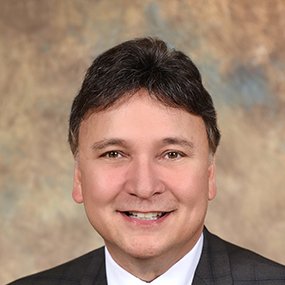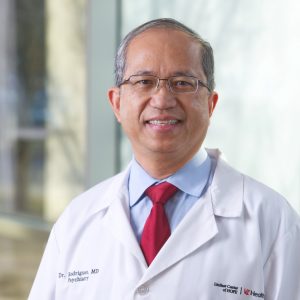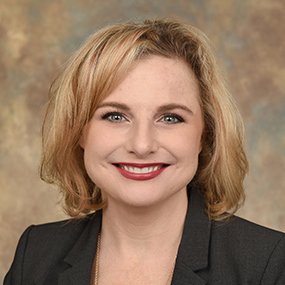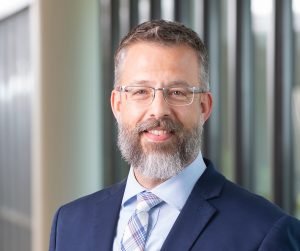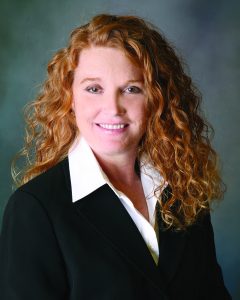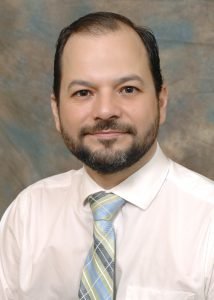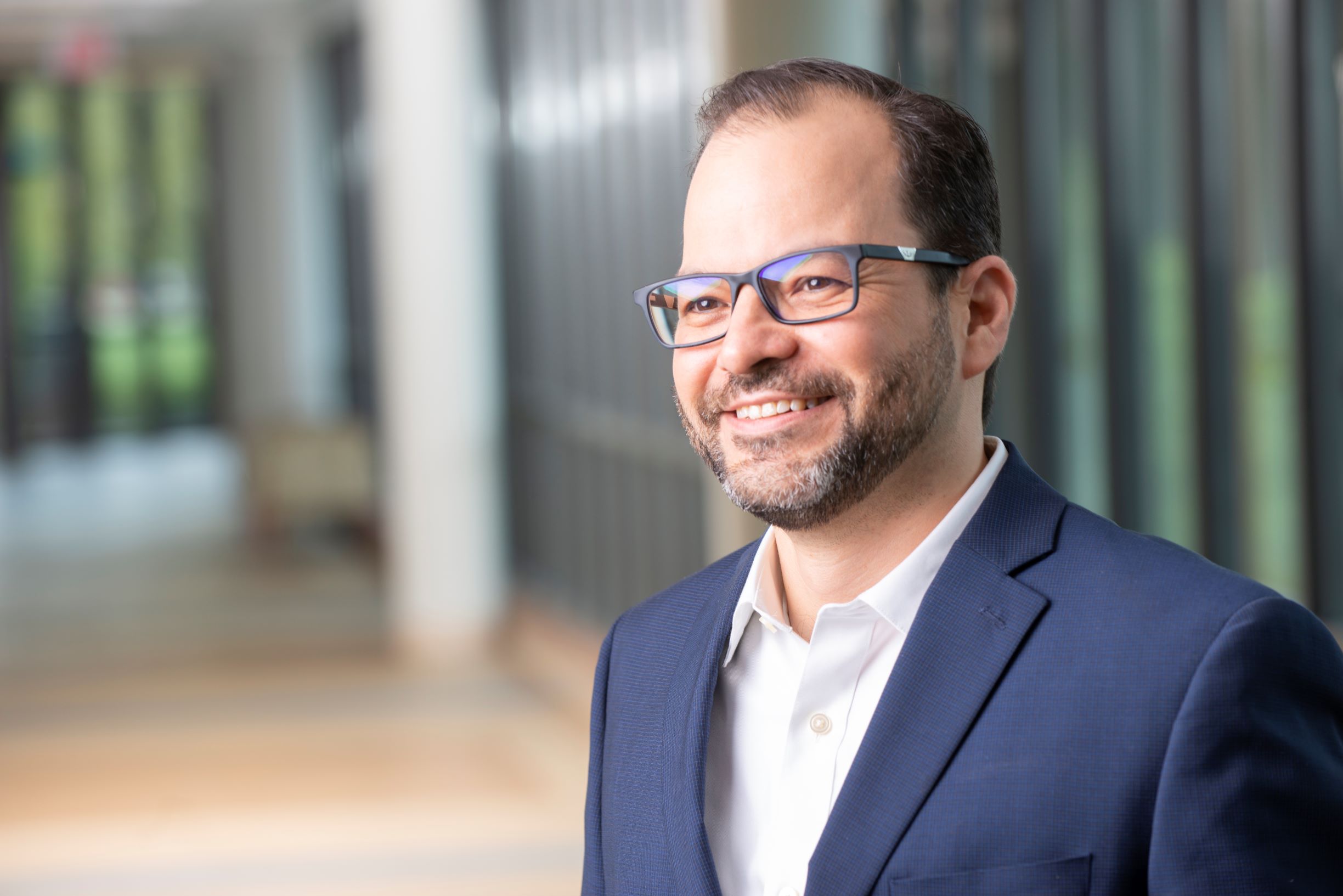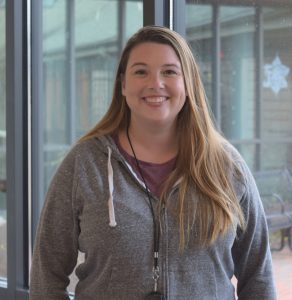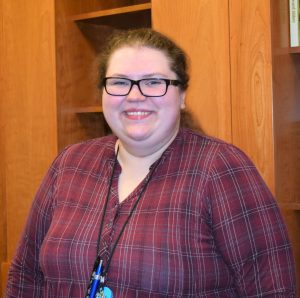
May 6, 2021, Mason, OH – Lindner Center of HOPE is proud to announce that it is a founding member and official provider of Hall of Fame Behavioral Health. The Pro Football Hall of Fame today announced the formation of Hall of Fame Behavioral Health, a program created to find comprehensive solutions through a network of mental and behavioral health services designed specifically for current and former athletes and their families.
With the support of numerous ambassadors – among them Pro Football Hall of Fame President & CEO David Baker; Hall of Famers RONNIE LOTT, BRIAN DAWKINS, STEVE ATWATER, ANDRE REED and TIM BROWN; current players Adrian Peterson and Calais Campbell; and other former NFL players and health care advocates – Hall of Fame Behavioral Health was founded with a simple yet challenging mission: to make mental health and the treatment of issues surrounding athletes and those who care for them destigmatized, accessible and widespread.
“We have to end the stigma surrounding mental health, and that includes athletes,” Dawkins said. “It’s OK to ask for help and to reach out if you are having issues. It’s OK not to be OK. But it’s not OK to stay that way – because our silence is killing us and damaging our families.”
Hall of Fame Behavioral Health will offer an easy-to-use concierge call center and crisis line to match treatment and counseling services with a vetted and accredited premier network of service providers across the country. These providers are trained to deal with such issues as post-career transition, identity, addiction, performance anxiety, mindfulness and the culture of sports. They understand athletes and can customize care to meet their needs. Services will complement existing programs and assistance available to players through the National Football League and its affiliated partners.
“The Pro Football Hall of Fame has always been about protecting the most important part of the game of football: the players,” Baker said. “With Hall of Fame Behavioral Health, our mission is to make mental and behavioral health services that meet the Hall of Fame’s standards of excellence easily accessible and available not only to Hall of Famers but to every player of this game, the people who support them and the kids dreaming about one day playing in the League. The Pro Football Hall of Fame is committed to ending the stigma that surrounds asking for help and protecting our family of athletes for generations to come.”
Wes Cain, President and CEO of Hall of Fame Behavioral Health, understands the importance of reaching those who feel reluctant to take the first steps in getting help. “Whether it’s affordability, access or simply saying the words ‘I need help’ to a trusted friend, current and retired athletes have faced an uphill battle in seeking and receiving mental health services. Our goal is to let everyone know that if you are a first-ballot Hall of Famer or a practice squad player, we hear you and we are here to support you. No one should be left behind on their journey to live a healthy life.”
Hall of Fame Behavioral Health is the newest health care-related initiative affiliated with the Pro Football Hall of Fame. In early 2020, the Hall announced its official entry into health services with the creation of Hall of Fame Health. Over the past year, Hall of Fame Health has developed several ways for former players and their families to obtain a full range of medical care. Offerings include: a provider network with concierge access at more than a dozen (and growing) top health systems in the country; a medical advisory board comprised of world-class physicians and clinicians; and a partner benefits administrator to assist with gaining access to top insurance offerings.
“Hall of Fame Behavioral Health is the latest development in this growing initiative, and it might be the one addressing the greatest need,” said Jeremy Hogue, CEO of Hall of Fame Health.
Hall of Fame Behavioral Health has partnered with these Centers of Excellence across the country:
- Ashley Addiction Treatment (Baltimore, Md.)
- Aultman Health Foundation (Canton, Ohio)
- Baylor Scott & White Health (Dallas)
- Emory Healthcare (Atlanta)
- Lindner Center of HOPE (Cincinnati, Ohio)
- Nashville Recovery Center (Nashville)
- New Method Wellness (Southern California)
- Sabino Recovery (Tucson, Ariz.)
- The Becoming Counseling & Wellness (National)
- The Menninger Clinic (Houston)
- UCSF Weill Institute for Neurosciences (San Francisco)
- Vanderbilt Health (Nashville)
Additional Centers of Excellence, player ambassadors and strategic partners are expected to join the Hall of Fame Behavioral Health network in coming months.
For those needing financial assistance, Hall of Fame Behavioral Health has partnered with the HART Foundation to provide grants and funding to ensure those who need help can receive it – no matter their economic situation.
“We are a forever brotherhood,” Dawkins said of athletes, “and we must do a better job of looking out for one another. There are many options out there, and now you can add Hall of Fame Behavioral Health as a viable and reliable one.”
Anyone experiencing a mental health emergency or requiring emergency assistance should call the HOFBH Crisis Line at 866-901-1245, or call 911, or head to the nearest hospital emergency room.
CONTACTS:
Rich Desrosiers, Vice President of Communications and Public Relations
[email protected]; 330-588-3622
Rachel Gutting, Director of Communications & Strategic Initiatives
[email protected]; 330-588-3671
ABOUT THE PRO FOOTBALL HALL OF FAME
Located in Canton, Ohio, the birthplace of the National Football League, the Pro Football Hall of Fame is a 501(c)(3) not-for-profit institution with the Mission to Honor the Heroes of the Game, Preserve its History, Promote its Values, & Celebrate Excellence EVERYWHERE.
The Pro Football Hall of Fame is accredited by the American Alliance of Museums. AAM accreditation is national recognition for the museum’s commitment to excellence and the highest professional standards of museum operation and public service.
Hundreds of thousands of fans from across the globe travel to Canton annually to experience
“The Most Inspiring Place on Earth!” that chronicles America’s most popular sport. Fans can also enjoy the Hall of Fame Store at the Hall, and online at www.profootballhof.com/store, for merchandise from all 32 NFL clubs plus the Hall of Fame. Proceeds from the Store support the Hall’s Mission.
Construction on Hall of Fame Village Powered by Johnson Controls, a mixed-use development project, is under way in Canton to transform the Hall of Fame’s campus.
CONTACT:
Lauren Renschler, William Raymond Communications
[email protected]; 310-463-0863
ABOUT HALL OF FAME BEHAVIORAL HEALTH:
Hall of Fame Behavioral Health is an affiliate of the Pro Football Hall of Fame. Its mission is to provide a comprehensive solution for mental health, behavioral health and substance use issues for all athletes and their families. By partnering with Centers of Excellence across the United States, HOFBH can ensure consistent, high-quality care customized for athletes and those who support them. For more information visit, www.hofbh.com, email [email protected] or call 866-901-1241 to speak to the HOFBH Concierge Call Center.
Facebook, Instagram, Twitter
SOURCE Hall of Fame Behavioral Health
Related Links
http://www.hofbh.com
Lindner Center of HOPE in Mason is a comprehensive mental health center providing excellent, patient-centered, scientifically-advanced care for individuals suffering with mental illness. A state-of-the-science, mental health center and charter member of the National Network of Depression Centers, the Center provides psychiatric hospitalization and partial hospitalization for individuals age 12-years-old and older, outpatient services for all ages, diagnostic services for all ages and short-term residential services for adults, and research. The Center is enhanced by its partnership with UC Health as its clinicians are ranked among the best providers locally, nationally and internationally. Together Lindner Center of HOPE and UC Health offer a true system of mental health care in the Greater Cincinnati area and across the country. The Center is also affiliated with the University of Cincinnati (UC) College of Medicine.
###
